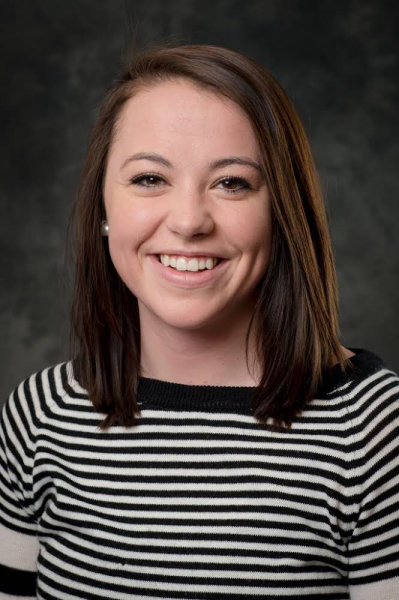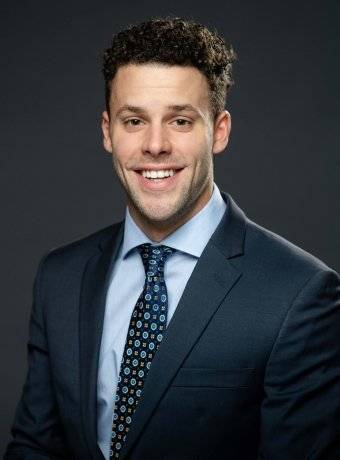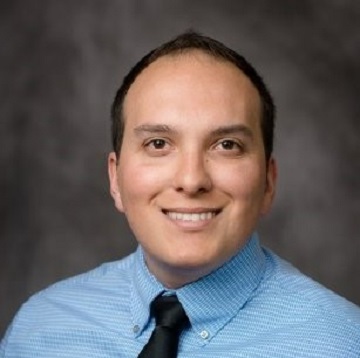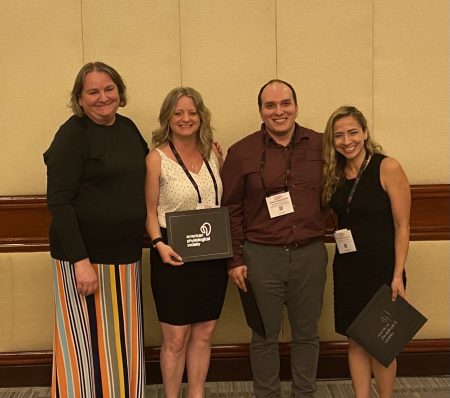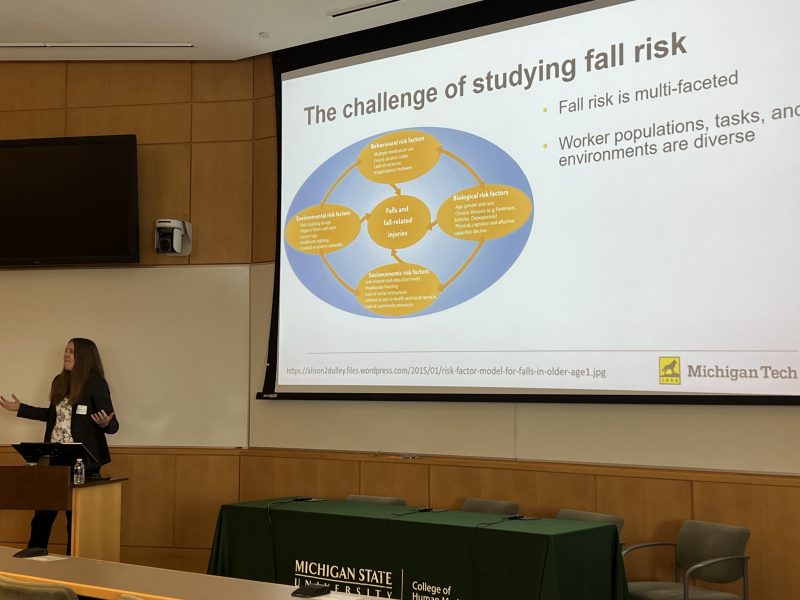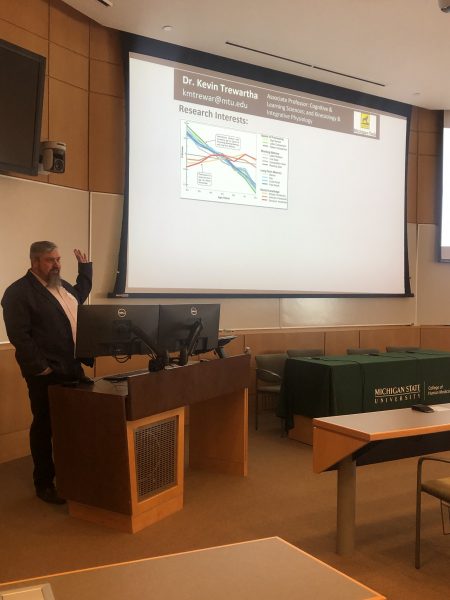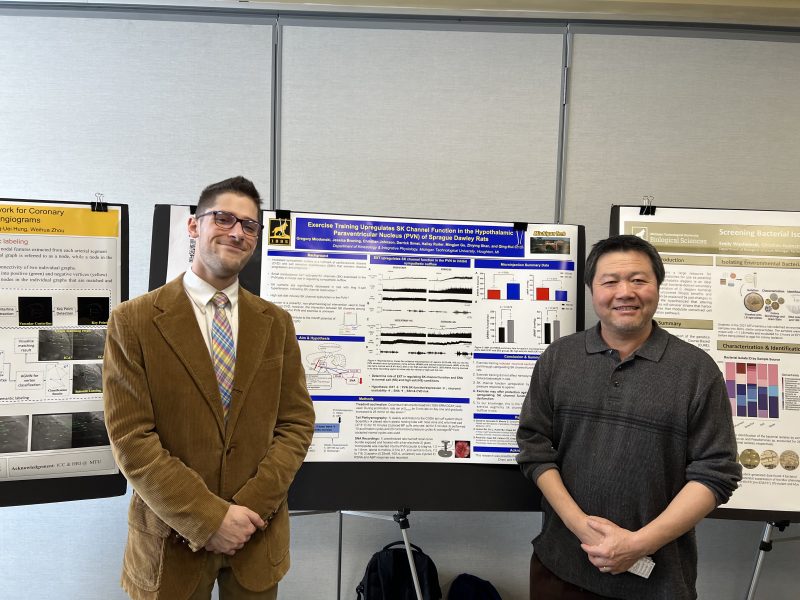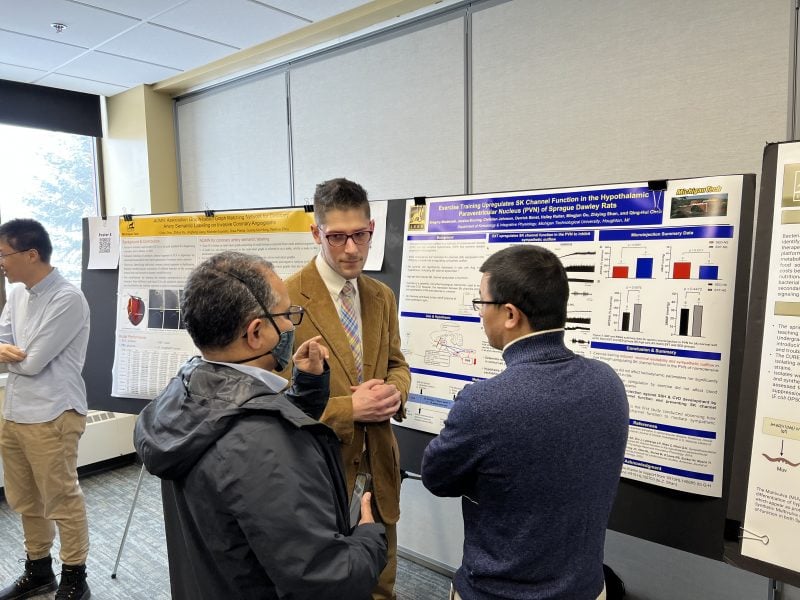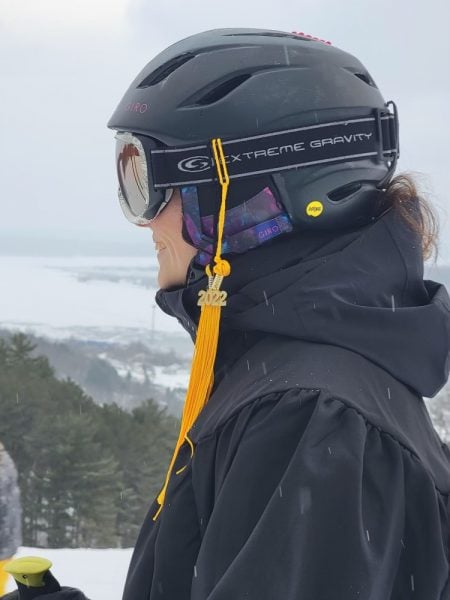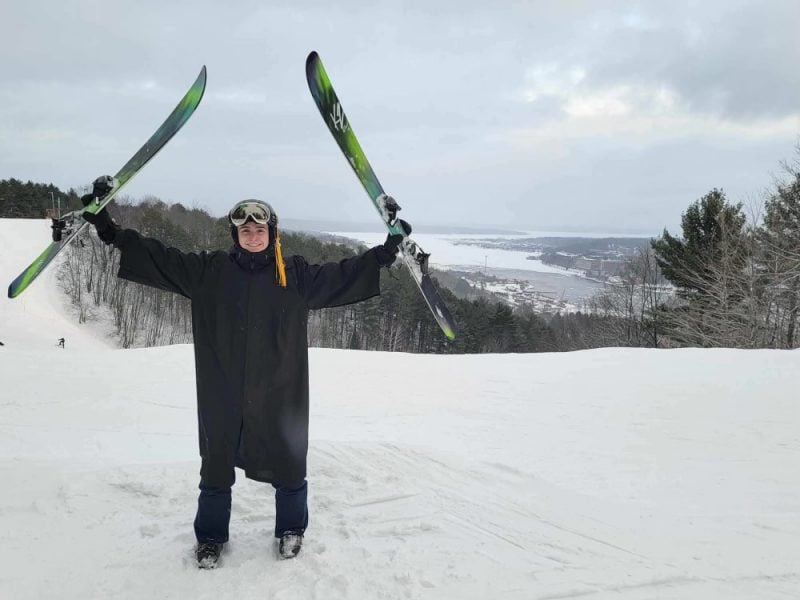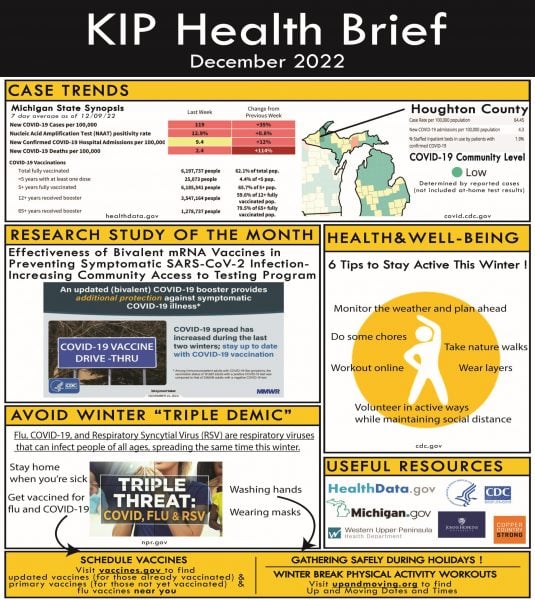PhD student Ashley Hawke received the Gallagher Award at the 2023 National Safe Patient Handling and Mobility Education Event that took place in Glendale, AZ from March 20-23, 2023. This national event is hosted by the Association of Safe Patient Handling Professionals.
The award Ashley received is for her project proposal entitled “Effectiveness of Patient Handling Interventions on Reducing Musculoskeletal Disorder Risk in Healthcare Workers: A Study Proposal.” Below is her project’s abstract to learn more about Ashley’s work.
Background: Musculoskeletal disorders (MSDs) are extremely prevalent among healthcare workers, especially those who perform patient handling tasks. Previous research has found that sustained static and/or awkward working postures, frequent bending, repetitive and/or forceful work, and twisting were commonly associated with MSDs. The use of mechanical assistive devices reduces risks of MSDs during patient handling; however, availability and accessibility of equipment are common barriers to using these devices in clinical settings. Portable passive interventions, such as transfer slings, slider sheets, and exoskeletons have been proposed to assist with patient handling tasks as an alternative to mechanical assistive devices, but the effectiveness of these interventions in reducing MSD risk in healthcare workers is inconclusive. METHODS: In the proposed study, we will evaluate three passive patient handling interventions (transfer sling, slider sheet, and passive back-assist exoskeleton) in their ability to alter biomechanical and physiological responses associated with the development of MSDs when performing two standardized patient handling tasks: 1) turning a patient onto their side and 2) performing a sit to sit transfer. Twenty participants will be recruited to perform the tasks using an 80 kg mannequin in four different interventions: manual, using a transfer sling, using a slider sheet, and wearing a passive exoskeleton. Variables to be measured include muscle activity of the trunk, upper extremity, lower extremity muscles, shoulder/lumbar kinematics, kinetics, oxygen consumption, heart rate, energy expenditure, and rating of perceived exertion. FINDINGS: As this is a study proposal, no results are available at this time. CONCLUSIONS/IMPLICATIONS: Results from the proposed study will allow researchers to evaluate the biomechanical demands and physiological cost of each patient handling intervention and how together these may play a role in potentially reducing MSDs. Importantly, these findings may serve as a first step to developing more cost-effective and portable patient handling interventions.
